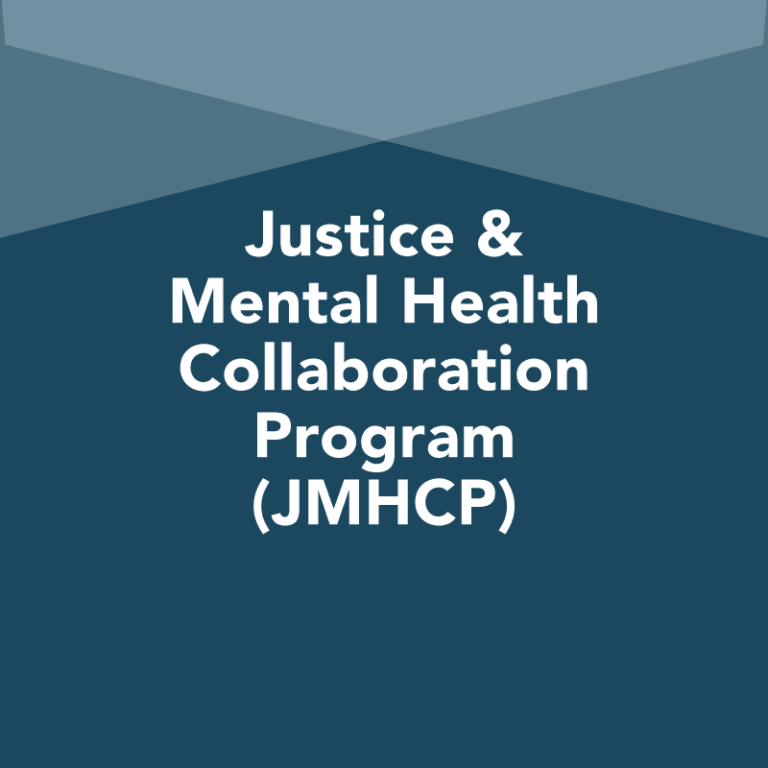Many law enforcement agencies are beginning to seek out alternatives to arrest or hospitalization to position their officers for success in mental health calls and to help ensure best outcomes for the people in need. One growing approach is by pairing health care professionals with law enforcement officers to respond to these calls through police-mental health collaboration response models known as Co-Responder Teams. This 2-page brief describes the basic components of co-responder programs and offers 4 practical tips to start and successfully implement your own. Photo courtesy of Johnson County, Kansas
Related Resources

Preparing Law Enforcement Agencies for Embedded Clinicians
Crisis Systems, Law Enforcement, Mental Health
Read more
Building Successful Partnerships with Peer-Run Organizations
Co-Occurring Substance Use, Mental Health
Read more
FY2023 Planning and Implementation Guide for JMHCP Connect and Protect
Co-Occurring Substance Use, Law Enforcement, Mental Health
Read moreAuthors

Laura Fabius
Policy Analyst, Behavioral Health
Laura Fabius works with the law enforcement team, providing technical assistance to Justice and Mental Health Collaboration Program grantees and learning sites. Prior to joining the CSG Justice Center, Laura worked for the Montgomery County Pre-Release Center as a correctional program specialist, where she assessed the capabilities of people who were incarcerated and developed community relationships to secure employment opportunities for this population after they reentered their communities. She has also served as a correctional specialist in a detention center in Anne Arundel County, where she helped manage programming for its incarcerated population. Laura has a BA in psychology and sociology and an MS in criminal justice with a concentration in forensic psychology and crime analysis from the University of Hartford.